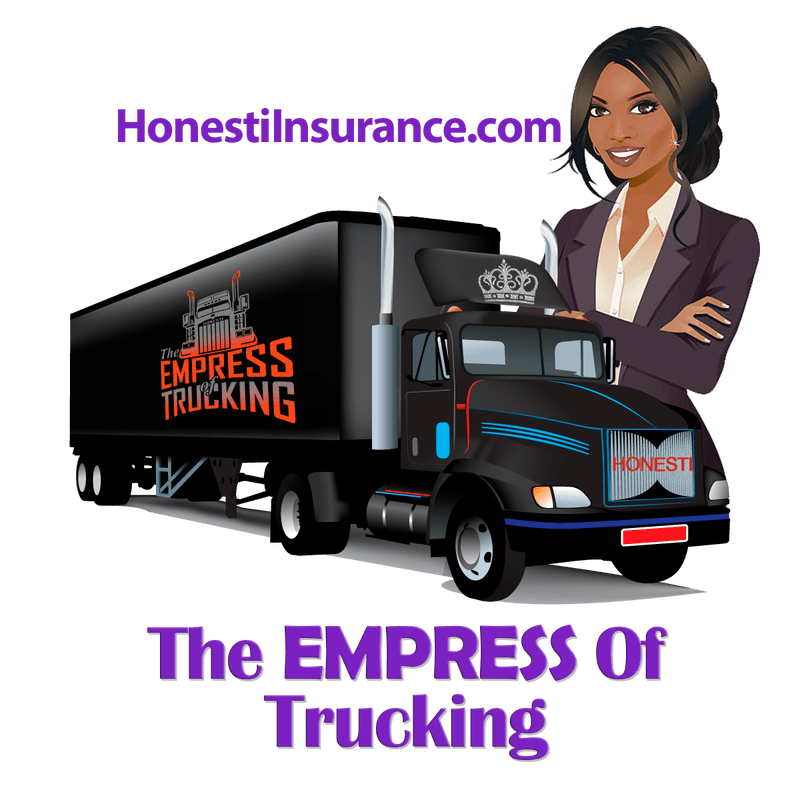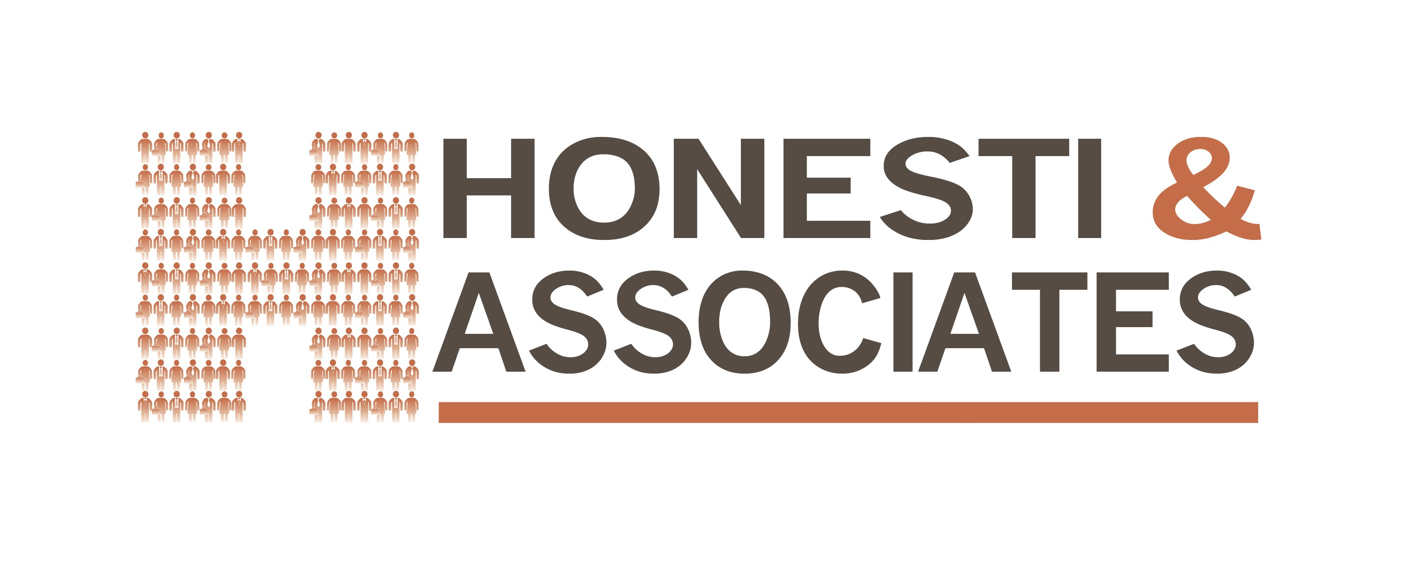Commercial Auto Insurance to fit your budget and needs
Low Cost Commercial Auto Insurance in Douglasville
What Does Commercial Auto Insurance Cover?
Commercial Auto Insurance can help pay to repair physical damage to the vehicle you drive for business if it's damaged by theft, weather events, or collisions. It can also pay for lawsuit costs associated with accidents, such as medical expenses and legal fees.
Let's take a more in-depth look at business auto insurance coverage and how it protects your company.
Commercial Auto Insurance Coverage: What's Included
A commercial auto insurance policy usually offers four major types of protection:
- Auto liability coverage can help pay for property damage or bodily injury you cause. It can also help pay for accident-related legal expenses, such as attorney fees or settlement costs.
- Medical payment coverage can cover medical bills if you or your passengers are injured in a car crash, regardless of fault.
- Physical damage and collision coverage can pay for repairs if your vehicle is damaged by something other than a car accident. For example, theft, vandalism, certain weather events, and collisions with an object are usually covered incidents.
- Uninsured motorist coverage can help pay for damage to your car or bodily injuries you suffer if somebody who doesn't have insurance hits your vehicle.
You may already have liability insurance, such as General Liability Insurance or Professional Liability Insurance, to protect your business from lawsuit costs. But commercial auto coverage is the policy that helps your business address lawsuits over car accidents. Considering how often you might drive for work, this protection can be valuable.
Every business has specific needs and specific needs require specific insurance.
For trucking businesses, businesses with trucks, or independent truck drivers, commercial truck insurance is a tailored policy that addresses trucking risks.
No matter how many trucks you have on the road, this insurance will help protect you, your business, and your vehicles.
If you are an owner-operator, you will want to find the perfect truck insurance, and arming yourself with knowledge is the first place to start.
Our agents will take the time to explain coverage options and walk you through types and choices. Call us during your next truck stop or visit our website to apply for a Quick Quote.
Do I Need Commercial Auto Coverage If I Have a Personal Auto Policy?
It depends. If you only use your personal vehicle to commute and to occasionally meet a client, your personal auto coverage might be enough.
However, business auto coverage might be a better fit if:
- You frequently drive your personal vehicle for business.
- You own a vehicle that is registered to your business.
- Your employees drive company vehicles.
Commercial Auto Insurance Isn't Your Only Option
Commercial Auto Insurance offers useful protection, but it doesn't cover employees who drive their personal vehicles for business. Your business can be held liable for accidents that happen during these company errands, so it's smart to have Hired and Non-Owned Auto Insurance just in case.
Hired and Non-Owned Auto coverage offers liability protection for accidents that happen when employees drive their own vehicles on behalf of your business. If your employees frequently use their personal vehicles to do their job, you may want to consider purchasing this policy.
That's the beauty of small business insurance – there's a policy for most of your business needs!
What Does Commercial Auto Insurance Cover?
Commercial Auto Insurance can help pay to repair physical damage to the vehicle you drive for business if it's damaged by theft, weather events, or collisions. It can also pay for lawsuit costs associated with accidents, such as medical expenses and legal fees.
Let's take a more in-depth look at business auto insurance coverage and how it protects your company. A commercial auto insurance policy usually offers four major types of protection:
Auto Liability Coverage
Can help pay for property damage or bodily injury you cause. It can also help pay for accident-related legal expenses, such as attorney fees or settlement costs.
Medical Payment Coverage
Can cover medical bills if you or your passengers are injured in a car crash, regardless of fault.
Physical Damage and Collision Coverage
Can pay for repairs if your vehicle is damaged by something other than a car accident. For example, theft, vandalism, certain weather events, and collisions with an object are usually covered incidents.
Uninsured Motorist Coverage
Can help pay for damage to your car or bodily injuries you suffer if somebody who doesn't have insurance hits your vehicle.
Who needs Tractor Trailer Insurance?
- Commercial trailer insurance requirements vary by state. Most states require you to register and license any commercial trailers that your company may use on state roads. In order to legally register your commercial trailers, you may need to carry insurance.
- All states require that you have commercial vehicle insurance on your business vehicles, covering your company’s liability if you or drivers in your company cause an accident involving your commercial vehicle or truck.
- You may be able to extend your commercial vehicle coverage to your trailers as well. However, you likely will not have full coverage without purchasing a separate policy.
Tow truck insurance offers additional coverage by “On Hook Coverage” or damages to vehicles or watercraft being towed by one of your tow vehicles.
A tow truck insurance policy will also normally include liability coverage for personal and property damage and personal injury protection. In addition, the tow truck insurance will also provide collision and comprehensive coverage such as fire and theft. Coverage options vary by company, and so you need to make sure that you review these options carefully with your licensed insurance professional.
Driving your 18-wheeler without the trailer attached is known as bobtailing or, more commonly, deadheading. Semi owner operators who occasionally make deadhead trips with or without dispatch are usually required by their motor carrier to have special coverage, known as Bobtail truck insurance.
Here's what independent big rig drivers need to know about this insurance:
- Bobtail truck insurance provides liability coverage when you are driving your semi without the trailer regardless whether or not you are under dispatch
- Bobtail coverage would apply when you drive your big rig without its cargo trailer to and from the terminal
- Bobtail truck insurance also would apply when you are traveling between loads without the trailer attached.
- Motor Truck Cargo insurance (Cargo) provides insurance on the freight or commodity hauled by a For-hire trucker. It covers your liability for cargo that is lost or damaged due to causes such as fire, collision, or striking of a load.
- If your load is accidentally dumped on a roadway or waterway (Removal Expenses coverage), our coverage pays for the cost to remove debris or extract pollutants caused by the debris. We’ll also pay for costs related to preventing further loss to damaged cargo (Sue and Labor Coverage), legal expenses in the defense or settlement of Claims’ and even freight charges the customer loses because of not delivering a load (Earned Freight Coverage).
Who needs motor truck cargo insurance?
- A growing number of risk managers require truckers to insure their cargo. You can meet that requirement with Motor Truck Cargo Insurance. It pays when you are responsible for damage to or loss of the cargo due to fire, collision or even hitting or running over the cargo that you transport on behalf of a client.
- Trailer Interchange insurance provides Physical Damage insurance for trailers being pulled under a trailer interchange agreement. This is essentially Physical Damage insurance for non-owned trailers. This insurance protects you if the trailer is damaged by collision, fire, theft, explosion or vandalism.
- Since the exchanged trailers are not owned by you, they require separate insurance coverage because they are not covered under your regular Physical Damage insurance.
Who needs trailer interchange insurance?
- If you have a trailer interchange agreement, you need Trailer Interchange insurance to protect you while you're in possession of a container or trailer that you don't own.
- A trailer interchange agreement is a contract that arranges to transfer a trailer from one trucker to another in order to complete a shipment. Typically, the trucker in possession of the trailer is responsible for paying any damages that are incurred while they have the trailer.
Limits, deductibles and other details
- With Trailer Interchange insurance, you must select both a limit and a deductible. The limit is a single amount that describes how much your insurance company will pay if you use this coverage. The deductible is the amount that you agree to pay out of pocket to help with the repairs or replacement.
Dump truck coverage falls under the general category of commercial vehicle insurance. Like any commercial vehicle, owners of dump trucks are required to have liability insurance coverage before these trucks can be legally driven or used for jobs.
This coverage is particularly necessary as mishaps in these heavy-duty vehicles can lead to extensive damages. Because dump trucks are intended mainly for off-road use, their design is often such that a collision with a car can have deadly results. In fact, the Bureau of Labor and Statistics reports an average of one dump-truck related fatality every week in the United States.
What Does Dump Truck Insurance Cover?
A basic commercial dump truck insurance policy will provide the mandatory coverage required to operate these commercial vehicles. This includes the minimum bodily injury and property damage liability coverage amounts required by state law.
To ensure that your finances are secure and that your business is properly covered, you may want to consider building a basic commercial vehicle policy. Most commercial truck insurance companies provide the following additional coverage options that you can include in your dump truck policy:
- Non-trucking insurance: This coverage is designed for independent owner/operators with contract jobs. It provides liability insurance if you should be involved in an accident in your truck during off-work hours.
- Motor truck general liability insurance: This coverage will protect you from liability for damage you cause to your customer’s property while operating your vehicle on their grounds.
What Industries does Waste Haulers cover?
Our carriers have extensive experience developing and implementing cost-effective insurance programs for companies spanning all corners of the industry, including:
- Commercial and residential refuse haulers
- Transfer stations
- Material recovery facilities
- Recycling
- Sweeping
- Composting
- Landfills
- Portable sanitation companies
- Site clean-up companies
All-Inclusive Benefits
We assist with ALL commercial auto needs including tractors, trailers, tow trucks, dump truck, box trucks, non emergency medical vehicles , hot shot, heavy equipment, busses and all classification of business vehicles and more.

